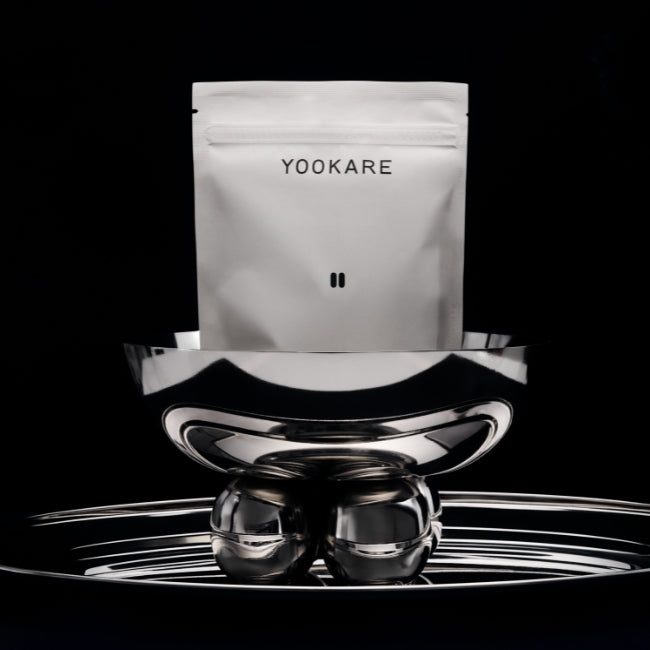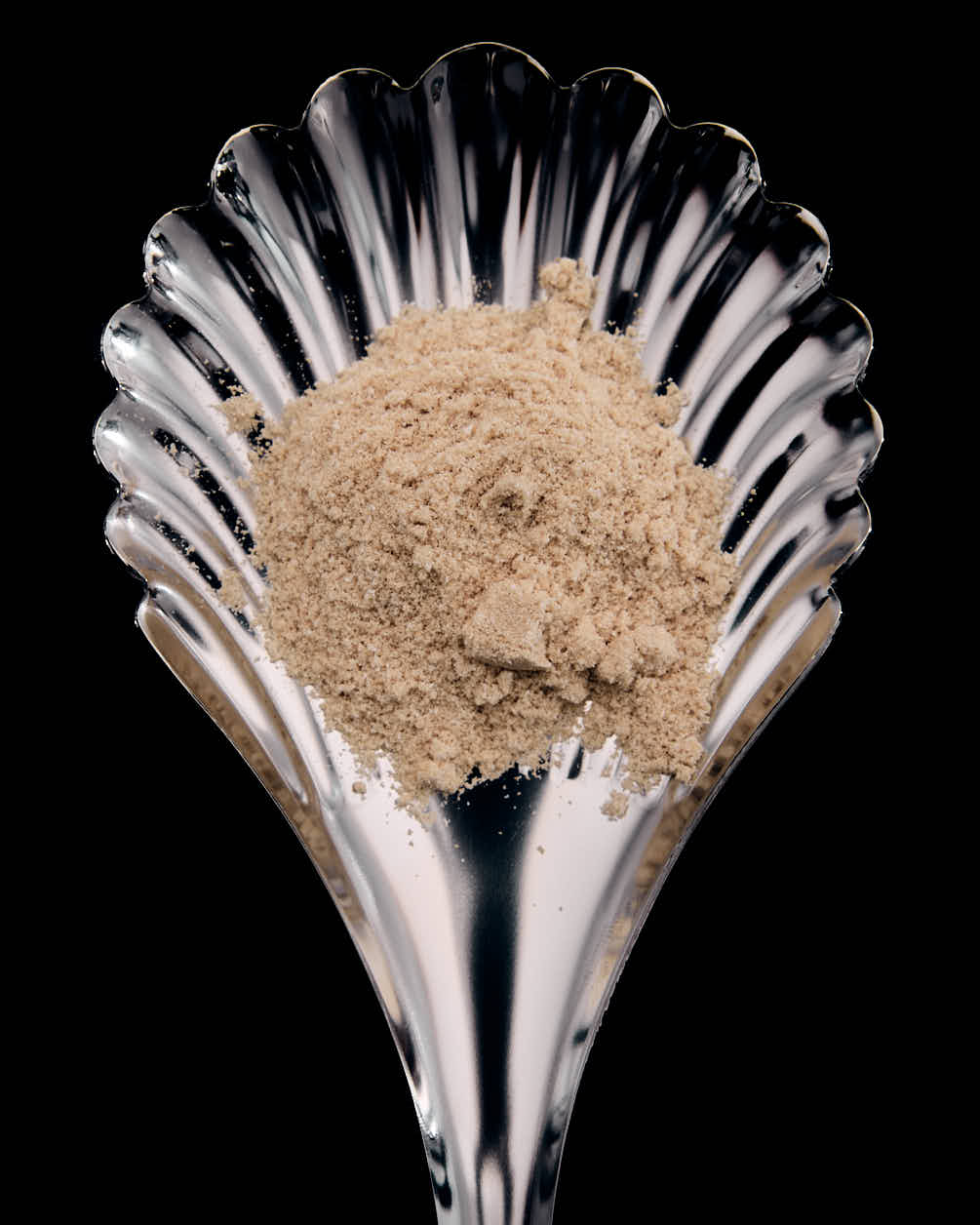Article: The Secrets of Longevity: Simple Habits to Live Longer and Healthier

The Secrets of Longevity: Simple Habits to Live Longer and Healthier
The quest for longevity—or the art of living longer and healthier—is not solely a matter of genetics. Numerous scientific studies show that our lifestyle habits significantly impact both our lifespan and our quality of life. Populations in regions known as "Blue Zones," such as Okinawa in Japan, Sardinia in Italy, and Nicoya in Costa Rica, often live to 100 years and beyond, enjoying excellent health. Their secret lies in simple, accessible daily practices. In this article, we unveil the habits that, according to science and ancient traditions, can help you live longer while maintaining a good quality of life.
1. A Nutrient-Rich Diet
One of the key aspects of longevity is nutrition. People living in Blue Zones typically follow a mostly plant-based diet, with moderate intake of animal protein. A diet rich in vegetables, fruits, legumes, nuts, seeds, and whole grains provides essential nutrients, vitamins, minerals, and fiber that support digestive health and reduce the risk of chronic diseases.
Leafy greens like spinach, kale, and broccoli are especially rich in antioxidants, which help neutralize free radicals responsible for cellular aging. Foods such as nuts and avocados offer healthy fats that protect the heart, while fatty fish rich in omega-3s help reduce inflammation and promote brain and heart health.
Another dietary secret is calorie restriction. In some Blue Zones, people follow the principle of eating only until 80% full—a concept known in Okinawa as hara hachi bu. Eating smaller portions and avoiding overeating lowers the risk of diseases like diabetes, hypertension, and heart issues.
2. Staying Physically Active Daily
Regular physical activity is undeniably one of the pillars of longevity. Contrary to popular belief, intense workouts are not necessary to stay fit. In longevity regions, residents often engage in moderate physical activity throughout the day. Whether through gardening, walking, or manual labor, staying active daily helps maintain a healthy metabolism, strengthen muscles and bones, and prevent chronic illnesses.
Studies also show that people who remain physically active throughout life enjoy better cardiovascular health, lower cancer risk, and improved cognitive function. Incorporating simple habits like walking instead of driving or taking the stairs instead of the elevator can significantly boost longevity.
3. Building Strong Social Connections and a Sense of Belonging
Social connection plays a vital role in longevity. Long-lived individuals are often deeply integrated into strong, supportive communities. Human relationships—whether familial, friendly, or communal—provide emotional support and help reduce feelings of isolation and loneliness that harm mental and physical health.
In Sardinia, for example, multi-generational households foster intergenerational exchange, shared values, and mutual support. In Okinawa, people form moais—social groups that meet regularly to talk, share meals, and care for one another. These strong social ties help manage stress and promote a happier, more fulfilling life.
4. Managing Stress and Finding Purpose
Chronic stress is a major risk factor for many age-related diseases, such as heart disease, high blood pressure, and cognitive decline. Learning to manage stress is essential for healthy aging. Blue Zone residents integrate relaxation practices into daily life, including meditation, prayer, yoga, or nature walks.
Finding purpose is another crucial factor. In Okinawa, this is known as ikigai, or "reason for being." People with a sense of purpose—whether caring for family, engaging in meaningful work, or participating in a valued activity—enjoy a higher quality of life and often live longer. Purpose brings energy, reduces stress, and fosters deep satisfaction.
5. Prioritizing Quality Sleep
Sleep is another important pillar of longevity. Chronic sleep deprivation can weaken the immune system, disrupt metabolism, and accelerate aging. To age well, it's essential to get 7 to 8 hours of sleep per night.
People in Blue Zones typically have regular sleep routines and avoid distractions before bedtime, such as screens. Their natural lifestyle rhythms, often tied to daylight patterns, promote deeper, more restorative sleep.
6. Practicing Moderation and Avoiding Excess
Finally, moderation is key to longevity. Long-lived individuals rarely overindulge, whether in food, alcohol, or other pleasures. For example, a daily glass of red wine is a common habit in some Blue Zones, especially Sardinia, where the wine is rich in polyphenols—antioxidants that support heart health. However, moderation is critical, as excess can be detrimental to health.
Conclusion
Living a long and healthy life is not a matter of luck or genetics, but the result of simple and intentional daily choices. By adopting a nutritious diet, staying physically active, fostering strong social bonds, managing stress, getting enough sleep, and practicing moderation, you can not only extend your life expectancy but also enhance the quality of your aging process. It's a holistic lifestyle that balances physical and mental well-being, contributing to a more fulfilling and harmonious life.


